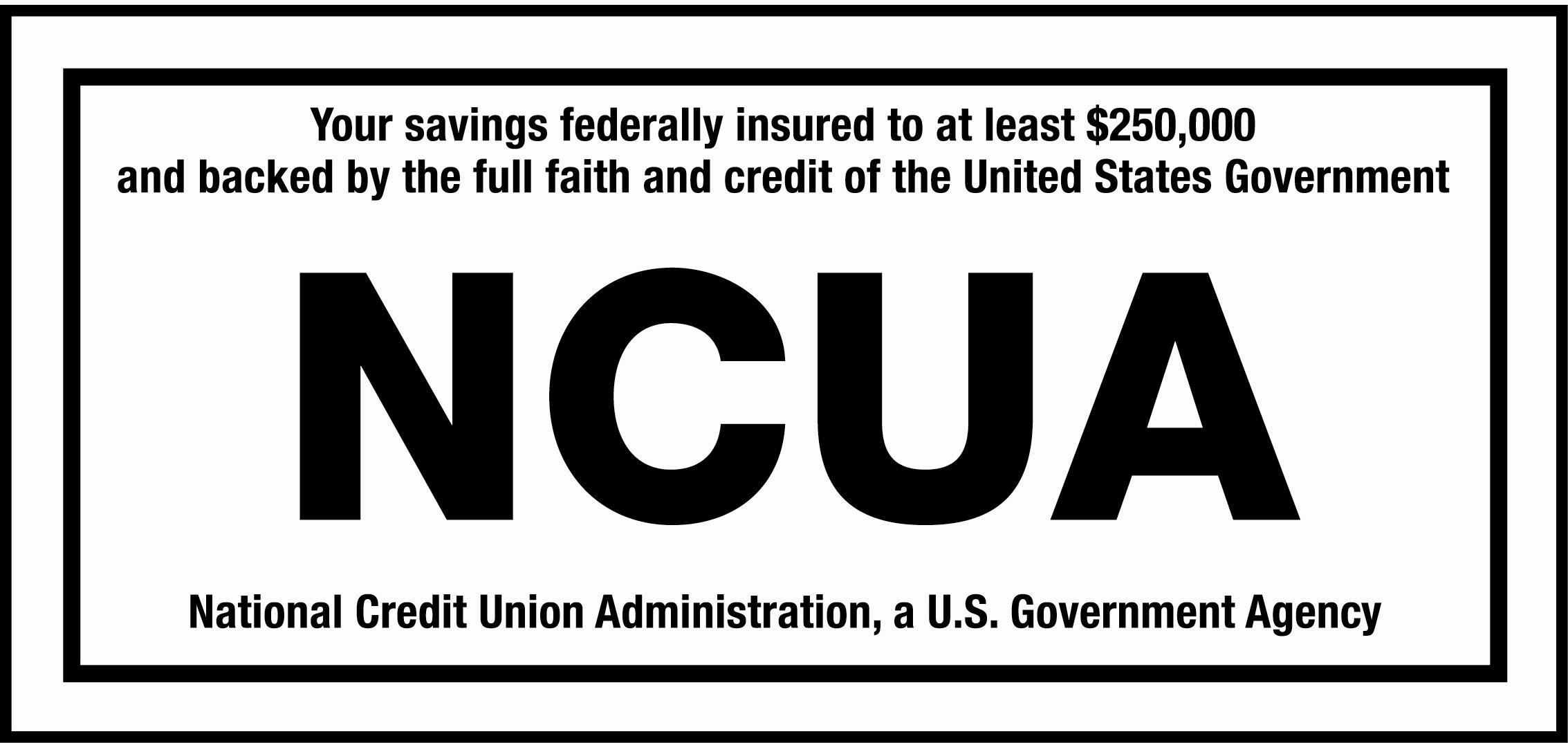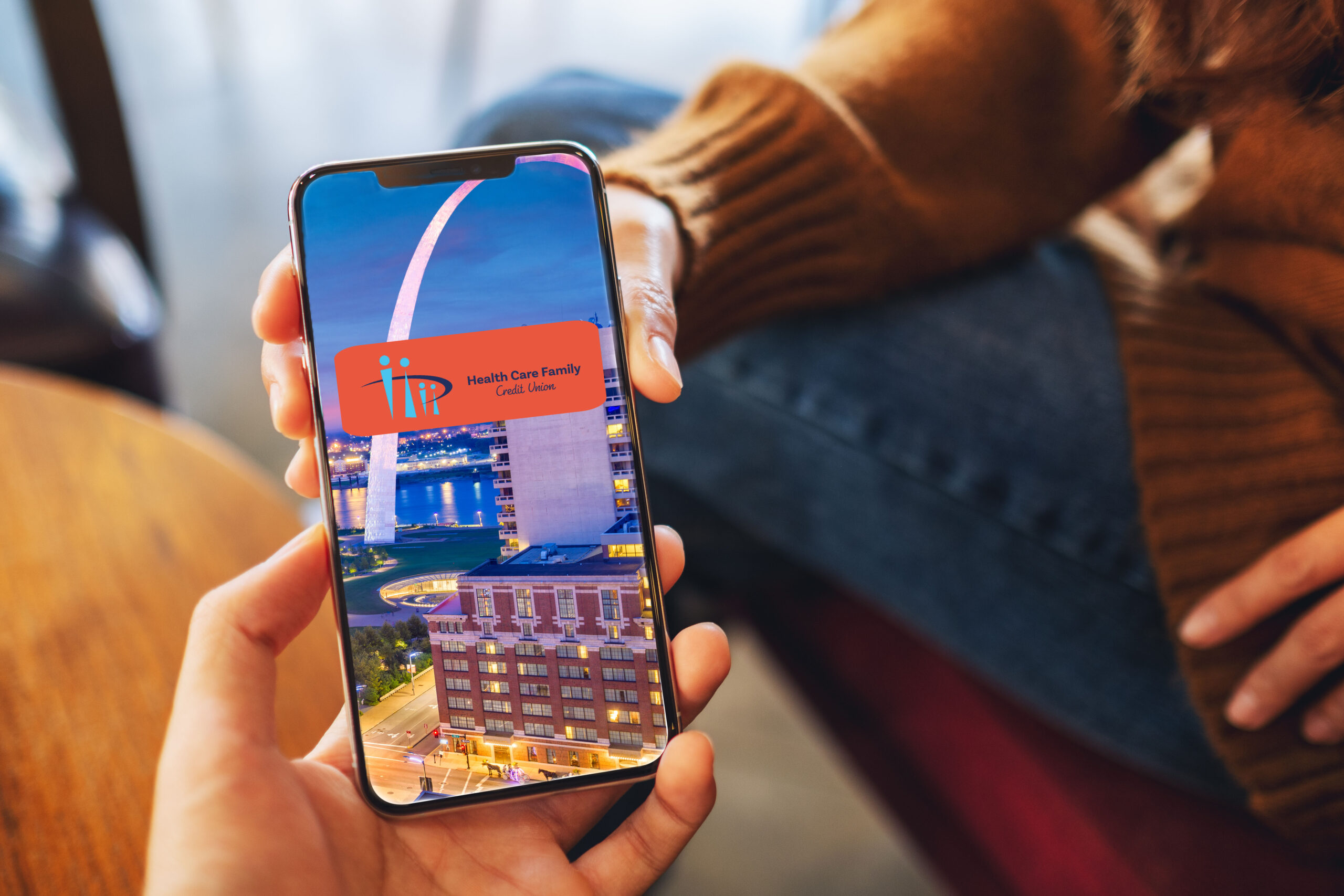Scammers Contacting St. Louis Residents:
We have recently become aware of scam emails claiming to be from the Federal Reserve Bank of St. Louis instructing recipients to use international wire transfers to pay a processing fee and, in return, receive pending inheritance or compensation. It is important for our memebrs to know that these emails were not sent by the Federal Reserve. Federal Reserve wire transfers, as well as routing numbers, are used for sorting and processing payments between banks. Any video, text, email, phone call, flyer or website that describes how to pay a processing fee to access compensation claiming to use a Federal Reserve Bank wire transfer or using an account at the Federal Reserve Bank is a scam. The Federal Reserve provides banking services only for banks. Individuals do not have accounts at the Federal reserve. The processing fee being sent via wire transfer is not being sent to the Federal Reserve. Consumers who attempt to pay this fee may lose their money and receive nothing in return. Financial institutions and consumers are advised to follow information security best practices, and to delete such emails immediately without clicking on any links or opening attachments.
Recent Charity Scam:
Scammers have abused the name of the Make-A-Wish Foundation, an organization dedicated to granting the most longed-for wishes of terminally ill children.
How it works:
The scammer calls the victim and announces they’ve won hundreds of thousands of dollars in an alleged sweepstakes conducted by Make-A-Wish. The caller claims to be representing the FTC or another federal institution. The “government official” then explains that the “winner” must pay thousands of dollars for taxes and insurance to claim their winnings.
Of course, there is no sweepstakes and the caller is no government official. In fact, on its website, Make-A-Wish asserts that it never conducts sweepstakes. If you wire your money over, you’ll never hear from the caller again.
There are several red flags here.
First the FTC does not hand out sweepstakes prizes. Second, you should never have to pay money to claim a prize. And third, no legitimate organization will ask for such large amounts of money to be paid over the phone.
If you’ve been contacted, report the scam immediately at FTC.gov. Next, notify Make-A-Wish by email at fraudalerts@wish.org
Unfortunately, this scam is not the first of its kind and it won’t be the last. Here’s how to verify that you’re only donating to legitimate charities:
1.) Don’t Donate Over the Phone
It’s hard to determine authenticity over the phone, and up to 95 cents of every donated dollar may actually go to the telemarketer.
2.) Be Wary of Sob Stories
When a caller preys on your heart strings to the point of discomfort, you may be falling for a scam.
3.) Donate with Caution after Catastrophe
Natural disasters bring out the generosity in people, but they also bring out the bogus charities. When disaster strikes, you can still help. Just make sure your money is going to larger, recognizable organizations. Also, you can contact the charity yourself to be certain you’ve reached the real entity.
4. Know the Charity
When choosing a charity, research it first. This way, when someone impersonates this organization while collecting for a cause you know they don’t support, you’ll recognize the scam.
5.) Read Reviews
Check for a charity’s legitimacy on objective review sites like CharityNavigator and CharityWatch.
6.) Ask for Information
If a caller sounds genuine and you’d like to donate over the phone, first ask for details about the charity. If the caller is hesitant to answer or unsure I their response, hang up!
7.) Give Safely
Never wire money to an unverified recipient. Similarly, only provide sensitive information if you’re certain the caller is genuine. If you’re in doubt, contact the organization on your own to donate funds.



